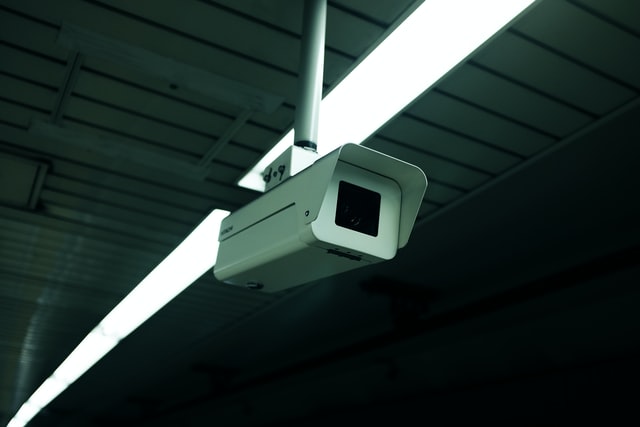The movement to limit face recognition tech might finally get a win
By Tate Ryan-Mosley,
MIT Technology Review
| 07. 20. 2023
Just four years ago, the movement to ban police departments from using face recognition in the US was riding high. By the end of 2020, around 18 cities had enacted laws forbidding the police from adopting the technology. US lawmakers proposed a pause on the federal government’s use of the tech.
In the years since, that effort has slowed to a halt. Five municipal bans on police and government use passed in 2021, but none in 2022 or in 2023 so far, according to a database from the digital rights group Fight for the Future. Some local bans have even been partially repealed, and today, few seriously believe that a federal ban on police use of face recognition could pass in the foreseeable future. In the meantime, without legal limits on its use, the technology has only grown more ingrained in people’s day-to-day lives.
However, in Massachusetts there is hope for those who want to restrict police access to face recognition. The state’s lawmakers are currently thrashing out a bipartisan state bill that seeks to limit police use of...
Related Articles
By Roni Caryn Rabin, The New York Times | 01.22.2026
The National Institutes of Health said on Thursday it is ending support for all research that makes use of human fetal tissue, eliminating funding for projects both within and outside of the agency.
A ban instituted in June 2019 by...
By Mike McIntire, The New York Times | 01.24.2026
Genetic researchers were seeking children for an ambitious, federally funded project to track brain development — a study that they told families could yield invaluable discoveries about DNA’s impact on behavior and disease.
They also promised that the children’s sensitive...
By Phil Galewitz, NPR | 01.20.2026
Serenity Cole enjoyed Christmas last month relaxing with her family near her St. Louis home, making crafts and visiting friends.
It was a contrast to how Cole, 18, spent part of the 2024 holiday season. She was in the hospital...
Group of Tuskegee Experiment test subjects
Public Domain via Wikimedia Commons
Every generation needs to learn about what is commonly known as the Tuskegee syphilis study, which ran from 1932 to 1972. (Officially, it was the U.S. Public Health Service Syphilis Study at Tuskegee, Alabama, which gets the emphasis right.) For many people, the history is hard to believe, though it is hardly unique. Of the 600 subjects, all Black men, 399 had syphilis, for which...




